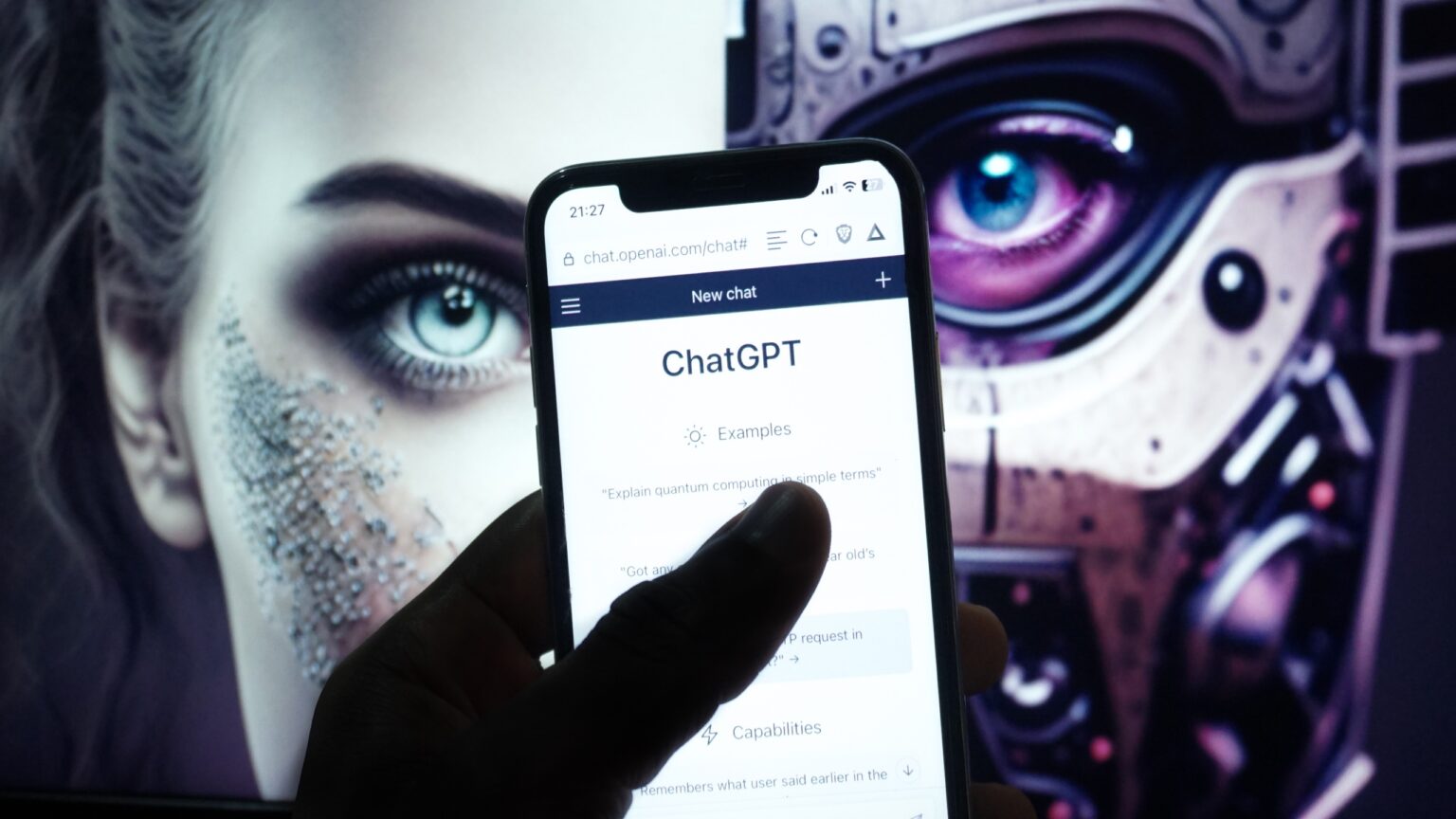With this function, users can ask ChatGPT to save information they enter, which the program will then be able to retrieve later, even when they’re in separate, unrelated chat sessions. Customers on ChatGPT Plus ($20/month) and its free tier will be the first to roll it out gradually.
OpenAI announced that it added persistent memory, a significant update to its well-known web-based chatbot application, ChatGPT.
Also Read: Fans Can Be ‘Rashford’ in the Metaverse: Man Utd Eye AR Player Bodycams
This feature will enable users to ask ChatGPT to remember the information they provide, which the application can recall later, even across new, unrelated chat sessions. This feature will be rolling out slowly for selected users of ChatGPT’s free tier and ChatGPT Plus, a paid subscription that costs $20 per month to start.
BREAKING from @OpenAI: ChatGPT is getting a memory! This is HUGE – more than custom instructions, ChatGPT will actually start 'remembering' you and your preferences across chats. This is getting personal! Three takeaways:
+++++++++++++++++++++++++++++
1. Persistent…
— Conor Grennan (@conorgrennan) February 13, 2024
Working with the Permanent Memory
Significantly, the chatbot’s natural use will strengthen its memory. However, one may ask the chatbot to “remember this” and provide the information they want to save if they want the assistant to remember something specific.
All remembered information is stored on the users’ accounts and used to enhance future conversations.
We’re testing ChatGPT's ability to remember things you discuss to make future chats more helpful.
This feature is being rolled out to a small portion of Free and Plus users, and it's easy to turn on or off. https://t.co/1Tv355oa7V pic.twitter.com/BsFinBSTbs
— OpenAI (@OpenAI) February 13, 2024
According to OpenAI, they are using ChatGPT to test memory. Recalling topics you bring up in every talk helps you avoid repeating yourself and improves the quality of your subsequent exchanges. Furthermore, OpenAI said that the memory of ChatGPT is under the user’s control. The user can ask it to recall anything, specifically instruct it to remember something, and use settings or discussion to instruct it to forget something expressly. It can also be deactivated entirely.
Temporary Chat
However, users can utilize a temporary chat that does not appear in history, won’t use or create a memory, and won’t be used to train the models. The temporary chat is more applicable if the user wants to avoid permanent memory.
Use temporary chat for conversations in which you don’t want to use memory or appear in history. pic.twitter.com/H1U82zoXyC
— OpenAI (@OpenAI) February 13, 2024
Although the memory is enabled by default, users can turn it off entirely by heading to the Personalization section in ChatGPT settings. Users can also delete specific memories from their accounts using the “manage memories” option. However, this can also be accomplished in the natural flow of the conversation by simply telling the assistant to forget whatever information they are sharing.
Privacy Controls
This update can prove helpful in various professional and personal use cases. Users can instruct ChatGPT to remember their preferred article format, and the bot will reuse the format without being told explicitly time and again.
🆕 @OpenAI introduces memory and new controls for ChatGPT, enhancing its ability to remember past interactions for more helpful future conversations. You're in full control of ChatGPT's memory capabilities.
🧠 ChatGPT can now remember details across chats, improving the… pic.twitter.com/miKHuSw8l3
— Tevfik Mert Azizoğlu (@mertazizoglu) February 14, 2024
In other situations, it can remember preferred programming languages to write code in or take note of the charts one prefers to visualize data.
According to OpenAI, memories gathered from free and Plus users, like other content, may be used to train its models.
The Crux of the Update
According to OpenAI, these steps are being taken to assess and mitigate biases and steer ChatGPT away from proactively remembering sensitive information, like health details, unless specifically requested.
The company, however, is testing the new feature with free and Plus users of ChatGPT, but a broader deployment that includes Enterprise and Teams users is also expected soon. OpenAI noted that memories for the latter will not be used for training.
Businesses building GPTs will also get the option to embed memory in their product as part of the wider rollout. As a result, builders can provide more personalized experiences to their customers based on their interactions. However, every GPT will have its own unique memory from chats and will tie to what ChatGPT knows.









 and then
and then